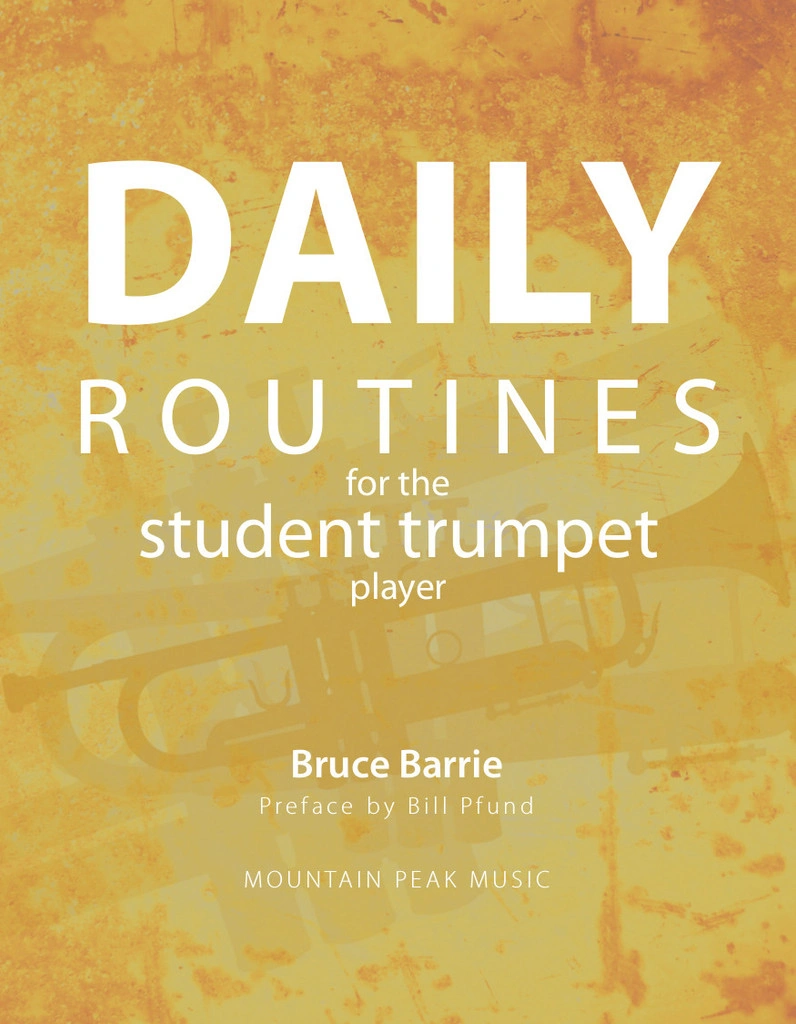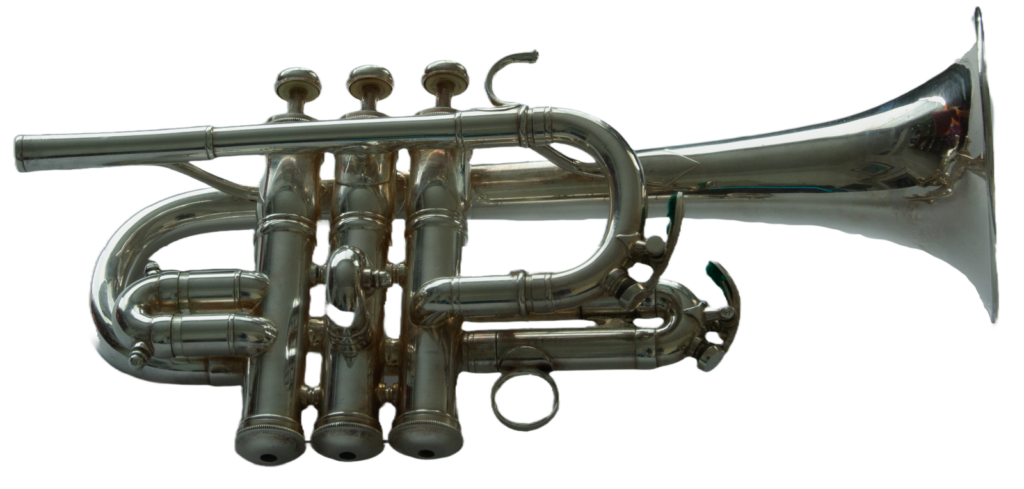
Practice
To play an exercise or solo well is a common goal whether for a concert or a lesson. I think to be able to play well, it is helpful to feel confident and relaxed. How can we make that happen? While experience can give us confidence and make us feel relaxed, I believe these feelings begin in the habits that we create in our practice room.
If I what to play the Allemanda and Allegro from the Sonata op 17 #12 originally written for recorder (see Re Visit below) I will need to make some decisions. Since it is a transcription from a recorder sonata, I have an option of what key I will play the piece. This is an important decision that can make me be confident and relaxed. It is about how well I know my scales and arpeggios. Not that I will now practice the key needed, but that I am constantly practicing and re-enforcing my skills in that area.
The original:

The piece is in a minor in the original version. I will use a piccolo trumpet. If my trumpet is in Bb, I will be transposing to the key of d minor (one flat); if playing trumpet in A I will be in c minor (three flats). Normally, I would choose to play in d minor as it has fewer 23 fingerings, which should aid in better intonation. The highest note is a concert “E” which when transposed becomes a high “A” on a Bb piccolo trumpet. An “A” is not a good choice/note, piccolo trumpet in “A” will have that note as a high “G”, that is a better option, so my choice will be c minor for the key. How can I make c minor and three flats be a good thing? Everything will be more in tune and technically easier if I really know my scales and arpeggios.
I write and emphasize this because the better you know and practice your fundamentals the more relaxed and confident you will be. Finger memory is a real thing. Knowing your scales and arpeggios in their basic forms is a beginning, but with some additional creativity with patterns and articulation, you can be a star! Everything you practice and master will eventually be used in performance, so challenge yourself!
From my Arban book these are patterns that will help my performance.
Examples
Scales: page 135 #23

Arpeggios: page 144

Insert
Variations – varying the rhythms can make you ready for anything. Look at page 130 and the additional suggestions from Arban.
Page 135 #23

This is your 2019 reminder to dig in and get your scales and arpeggios in order.
Listening
A very popular recital piece by French composer Guillaum Balay. Try to make a through list of the similarities and differences between these two performances. You should be listening to both a big picture interpretation but also notice the smallest of details. The better developed your listening skills become, the clearer the mental image of your performance can be. That image can help organize your practice time to be more efficient.
Prélude et ballade Guillaum Balay
Jason Dovel, trumpet, and Edward Neeman, piano
Kristian Steenstrup, trumpet. Eriko Takezawa, piano
Music:
https://imslp.org/wiki/Prélude_et_ballade_(Balay,_Guillaume)
Of Interest
Ryan Anthony trumpet, CONCERTO FOR HOPE – Concerto #3 by James Stephenson
Marc Delmas Choral and Variations
Philip Smith trumpet; Joseph Turrin, piano
Caleb Hudson Trumpet – Bach Partita
Thomas Hammes trumpet, Trumpet Concerto in D Major, “Estienne Roger 188”: III
Bernard Soustrot trumpet, Jacques Loussier – Trumpet Concerto
Simon Desbruslais trumpet – a very interesting trumpet site!
http://www.simondesbruslais.com/recordings/4594263267
Re Visit
Maurice ANDRE trumpet: Johann Christian Schickhardt (1682-1762) Sonata op 17 #12
music
https://imslp.org/wiki/12_Recorder_Sonatas,_Op.17_(Schickhardt,_Johann_Christian)
Some projects are for the practice room. If my practice lacks imagination, I find that I neglect to try newer repertoire. I need to have challenges so as to be constantly focused if I wish to improve in my playing. It is not hard to be impressed when you listen to Maurice Andre play anything. I do not expect to play better than someone like Mr. Andre, but it will challenge me and he is a fabulous model to emulate. I have chosen the Allemanda mentioned in Practice. I will begin by listening to the recording many times. I want to hear that specific performance in my mind so strongly, that when I play, I will become Mr. Andre (although my French language ability is very bad). The sound, the articulations, the phrasing, etc. must be as I hear Mr. Andre. I will begin with slow practice and continue working until I reach a performance tempo. If I can project in my playing, the ability to be many different great players, I will acquire more and more skills. This will make me be a better player and musician. This is my goal. I need to always work to improve my listening skills so I can understand and know the direction I wish to go in my music making. This way of thinking and practicing will become a habit, a way of approaching my practice and my development.
A few days into my practice I felt excited about learning the whole piece. Challenges can be helpful, build focus and improve confidence. Keep exploring!


